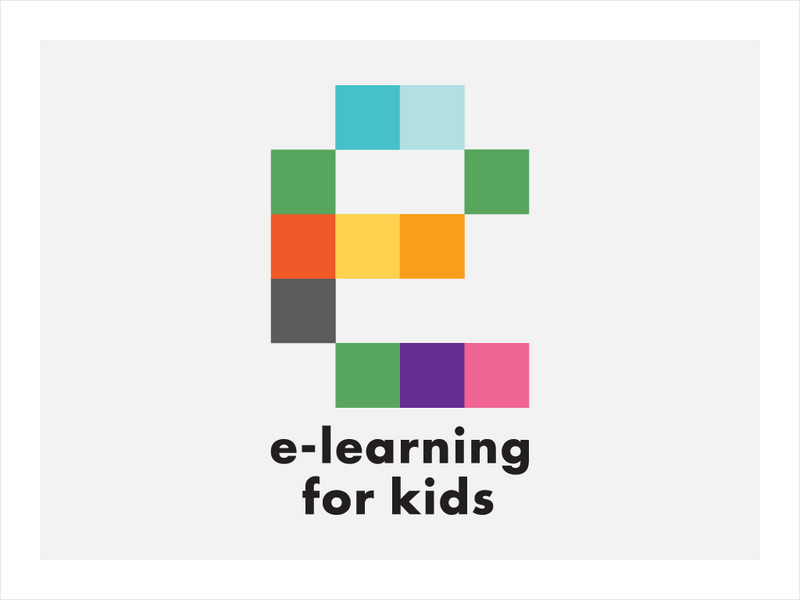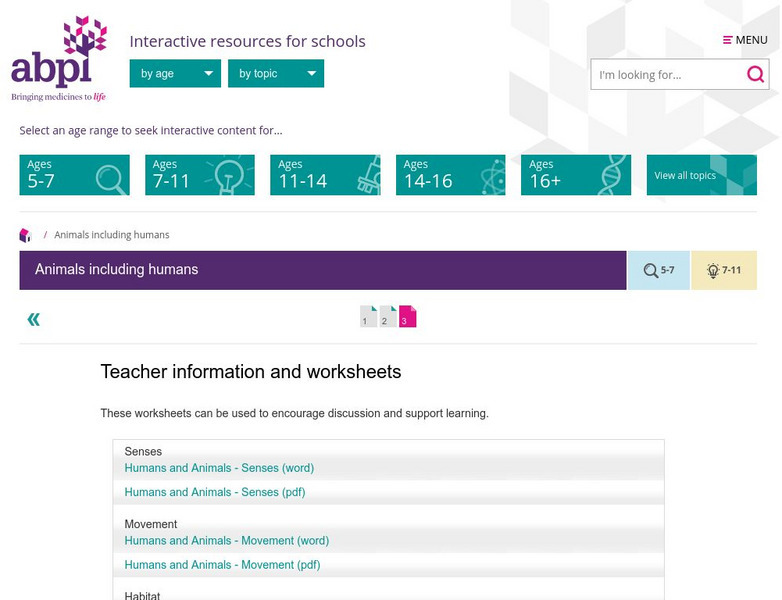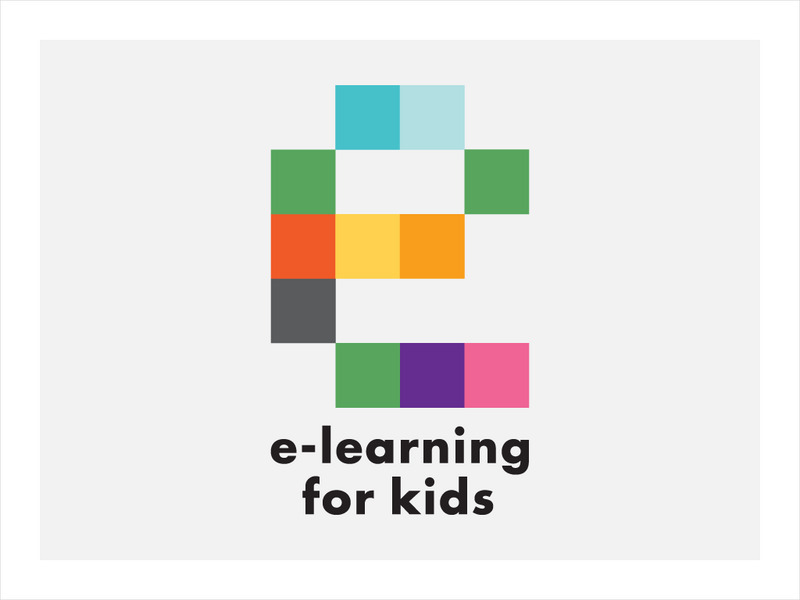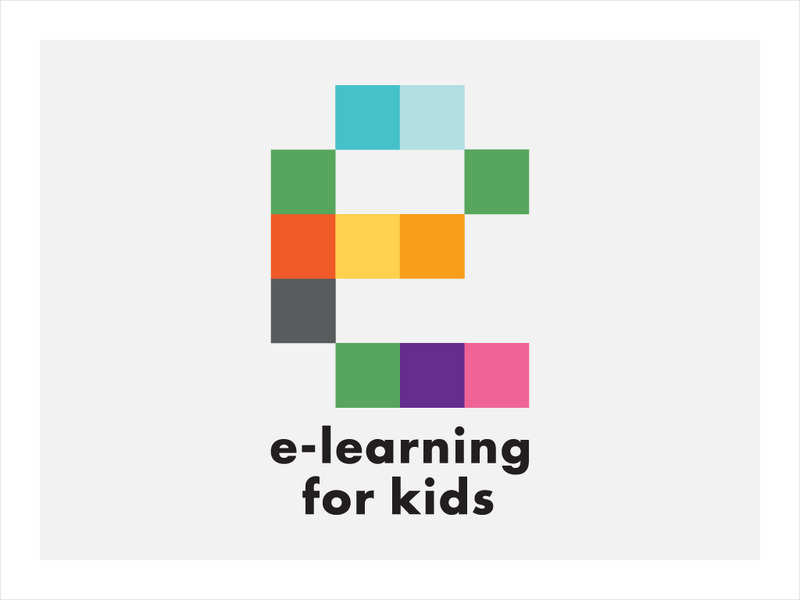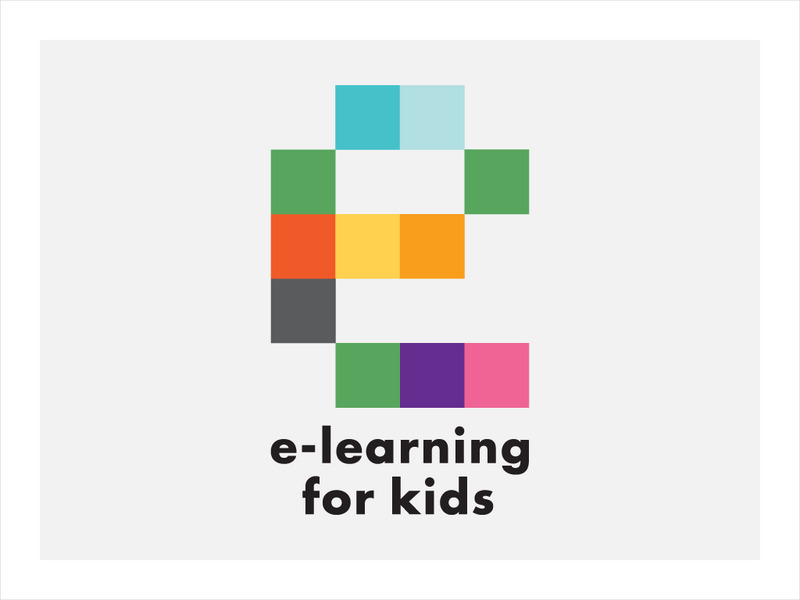Channel 4 Learning
4 L: Science Essentials: Choose Life
A great review for understanding life cycles and many aspects of living things. Find topics and their main ideas, vocabulary review, quizzes, and complementary activities for teachers to use.
E-learning for Kids
E Learning for Kids: Science: Vikings: How Do Plants Grow?
Olaf the viking is learning about the life cycle of plants. Help him tend to his garden as he learns.
E-learning for Kids
E Learning for Kids: Science: Chile: What Are the Life Processes in Plants?
Anaken lives with his brother Kiko on a beautiful island. Today they are learning about life processes. Join them and find out what they learn.
E-learning for Kids
E Learning for Kids: Science: Hawaii: What Are the Life Processes in Animals?
Kamoku is a boy from Hawaii who is interested in the seven life processes. Do you know what these are? Join Kamoku and discover them with him.
Bill Nye
Bill Nye: Bill Nye Online Science Lab
Bill Nye's Online Science Lab offers home demos for planetary, physical, and life science, a "Question of the Week," e-cards, episode guides, and lots of fun facts. A great resource for students looking for science-fair project or lab...
The Association of the British Pharmaceutical Industry
Abpi: Active Science Modules: Humans and Animals Worksheets
Activities to accompany the Active science learning modules.
National Institutes of Health
National Institute of General Medical Sciences: Inside the Cell
Very good science e-book that details why cells are the fundamental unit of life and why our health depends on what happens within the many different cells that make up our body. Each chapter is presented separately and the book can also...
Channel 4 Learning
Channel 4 Learning: Science Essentials: Life Cycles
Learn about the life cycles of plants and animals then demonstrate what you know with activities, a quiz, and related resources.
E-learning for Kids
E Learning for Kids: Science: Hawaii: What Are the Life Cycles of Some Animals?
Olina is playing on the beach with the animals. Join her and find out more about life cycles and animals?
E-learning for Kids
E Learning for Kids: Science: Hawaii: What Happens in the Life Cycle of a Flowering Plant?
Sophie and Max are growing plants in their greenhouse. Join them, and learn about the life cycle of a plant.
E-learning for Kids
E Learning for Kids: Science: Easter Island: Why Do Young Grow Up to Look Like Their Parents?
Kevin and his grandfather, Omag are going to the zoo. Join them and learn all about animal classification and life cycles.
Morning Earth
How Life Works: Biosphere Is Process: Life Helps Make Earth's Crust
Scholars explore the Earth science topic of the Earth's basic structure. The tutorial consists of definitions and pictures about the Earth's crust.
Morning Earth
How Life Works: Biosphere Is Process: Atmosphere and Ocean Currents
Learners examine the Earth science topic of oceanography. The tutorial consists of definitions and pictures on atmosphere and ocean currents.
E-learning for Kids
E Learning for Kids: Science: California: What Are the Life Processes in Humans?
Johnny is a crab fisherman. He believes crabs are a lot like humans. Listen to his explanation as to why he believes this.
E-learning for Kids
E Learning for Kids: Science: Denmark: How Can We Define Living and Non Living Things?
Martin Dahl, a Danish scientist, does research on living things and non-living things. Come see what he discovers.
E-learning for Kids
E Learning for Kids: Science: Marshall Islands: How Can We Tell Living Things From Non Living Things?
Andrea lives on the Marshall Islands, and she will teach you about living and nonliving things.
E-learning for Kids
E Learning for Kids: Science: Scotland: How Can We Group Living Things Based on Characteristics?
Lilly is from Peru, and she's traveling the world. Right now, she's in Scotland. Join her while she studies living and non-living things.
Science Struck
Science Struck: Interesting Facts About the Abyssal Zone
The Abyssal Zone lies deep in the ocean in the pelagic layer between 4,000 to 6,000 m or 13,000 to 19,500 ft. Learn about some of the unique life forms that call this zone their home, how they have adapted to the extreme pressure and...
Science Struck
Science Struck: A Quick Guide to the Different Types of Archaeology
The field of archaeology has been specializations that investigate the past through many different lenses, e.g., environmental relationships, landscape study, and aerial investigation. This resource describes many of these specialties.
Science Struck
Science Struck: Chemical Reactions in Everyday Life
Provides some common examples of chemical reactions, e.g., in respiration, rusting, and photosynthesis.
Institute and Museum of the History of Science
Museo Galileo: Aristotle 384 322 b.c.e.
A brief look at the life of Aristotle followed by a short discussion of his ideas about physics.
Other
Science4 Us: Living/nonliving
Students explore the similarities and differences between living and nonliving things and learn four characteristics that all living things share (they have needs, they are made up of parts, they respond to change, they reproduce)....
E-learning for Kids
E Learning for Kids: Science: Antarctica: Describe the Life Cycle of Stars
Discover the stars with Peter. At his mom's research center, help Peter learn constellations and learn about characteristics of stars.
E-learning for Kids
E Learning for Kids: Science: Center of the Atlantic Ocean: Animals and Their Senses
Captain Ed Smith and his dog, Rocco, are exploring all the amazing senses animals have. Join him and discover with them.

